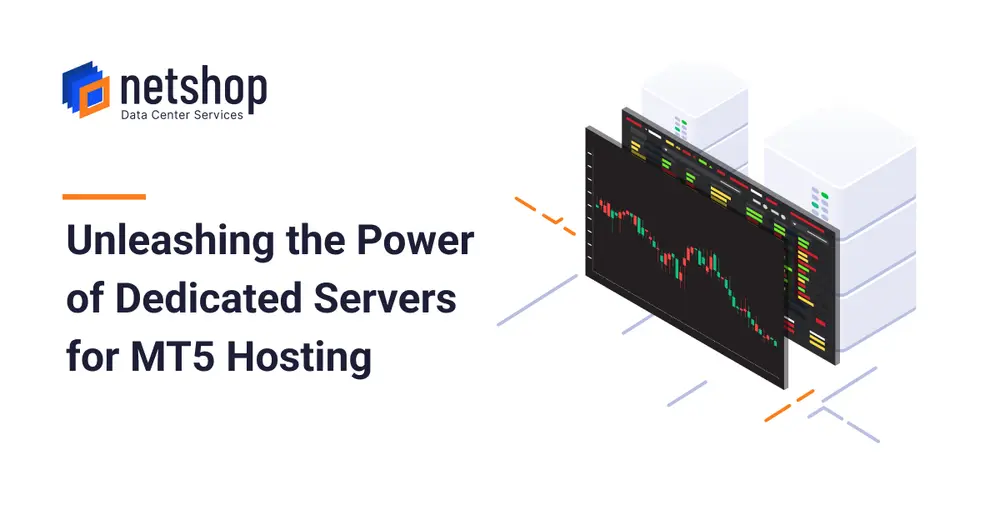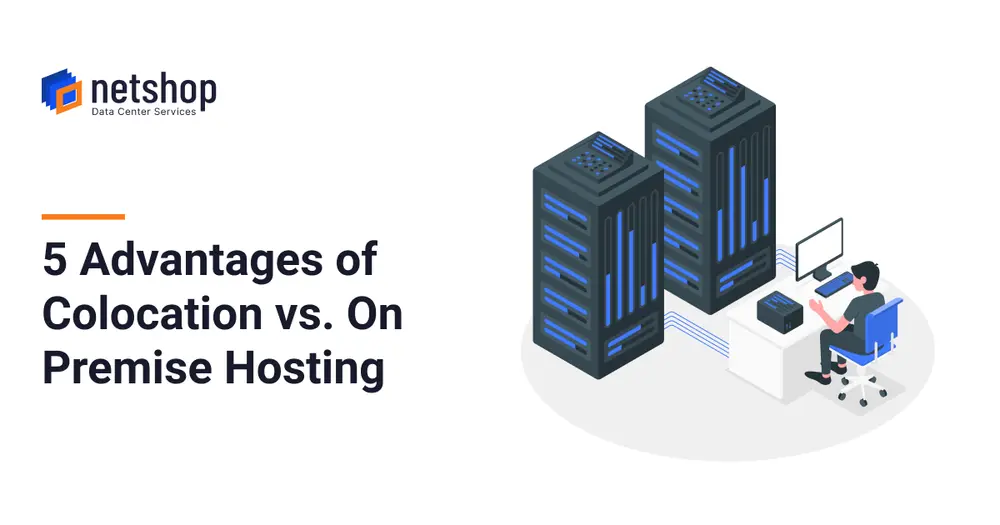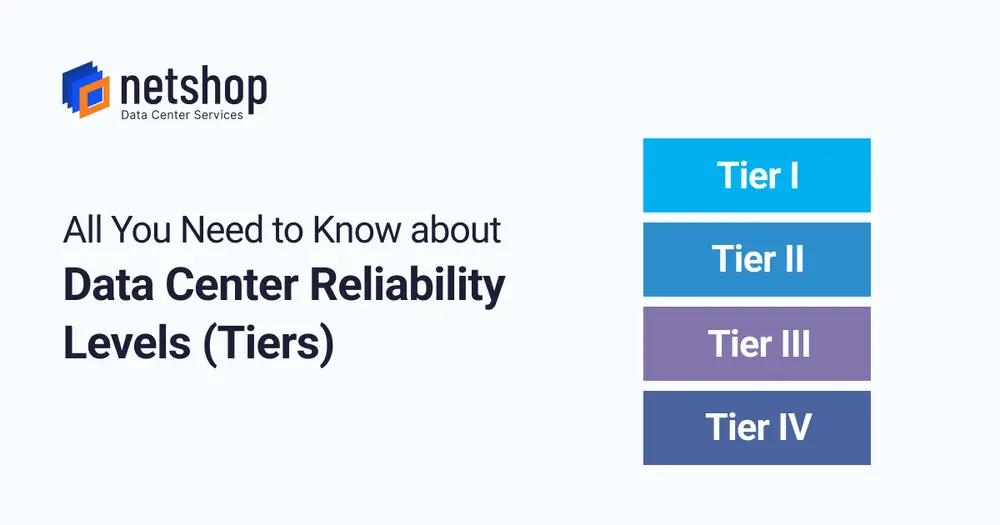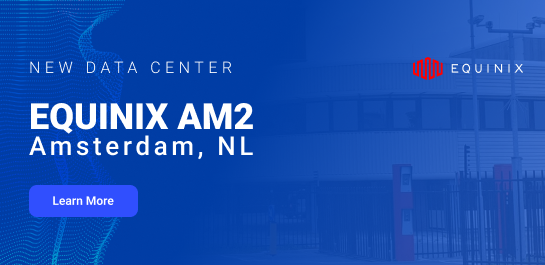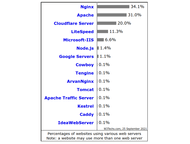2022 marks 31 years since the first ever web server went online back in 1991. Today, there are many different types of servers, built for specific purposes and technologies. In fact, according to W3Techs, 80% of websites and web applications are powered by open source web servers, so in this article we’re going to break down the best five.
What is a web server
Simply put, a web server is the system used to deliver web pages over the internet, ensuring a smooth and secure connection between the server and client using HTTP. Effectively, the server hosting the website will receive a request from the client, finds the webpage from its directory and sends it to the client’s browser.
An open source web server means that the software’s original code is public-domain and can be viewed, copied and edited depending on the terms of its license. So let’s take a look at the 5 most popular open source web servers.
Best open source web servers
Apache HTTP Server
Apache HTTP, otherwise referred to simply as Apache or httpd, is one of the most well-known web servers. Since its release in 1995, Apache has steadily risen in popularity, powering a huge majority of all websites. Although most commonly run on Linux infrastructure, it’s also available on other popular operating systems like Windows and Mac OS X.
Written in C programming language, Apache web servers are fast, reliable and generally easily customizable environments. Its modular architecture allows for additional modules to be added in order to extend its functionality, like mod_proxy to allow for a proxy on the server or mod_ssl for SSL encryption support – amongst many others.
NGINX
NGINX, pronounced Engine-X, was publicly released in 2004 as an answer to the C10K problem, which effectively means it can handle ten thousand concurrent connections and clients. In fact, the high-performance web server has recently overtaken Apache HTTP for the first in terms of usage, according to W3Techs.
In order to handle a huge number of concurrent sessions, NGINX uses an asynchronous event-driven architecture. Its easy scalability and efficiency in terms of resource utilization is what has made the web server so popular, especially for hosting high-traffic websites.
Apache Tomcat
Unlike Apache HTTP and NGINX, Apache Tomcat is not necessarily an ordinary web server but rather a Java servlet which extends the functionalities of the server. Apache Tomcat also implements technical specifications of the Java platform, ultimately making it an optimal environment for running Java applications.
Node.js
Used for building web applications in Javascript, Node.js is first and foremost a server-side runtime environment with an HTTP module to extend its functionality to that of a web server. Although it powers a relatively small amount of websites, Node.js has generated a lot of attention, especially in terms of hosting real-time web applications.
Lighttpd
Known for being highly economical with regards to resources like CPU, and its low memory requirement, Lighttpd is optimized for efficiency. Being built on the asynchronous request handling model is what makes it the ideal solution for hosting high-performance web applications. Although oftentimes compared to NGINX, Lighttpd has continued to grow in popularity due to its simplicity and speed optimization.
Choose the right Web Server with NetShop ISP
Need help deciding the best web server or hosting solution for your needs? Get expert advice from our team to guarantee your website runs efficiently.
NetShop ISP is an award-winning Hosting Provider with privately-owned Infrastructure in Cyprus, Malta, United Kingdom, The Netherlands, Singapore, United States and Hong Kong.
